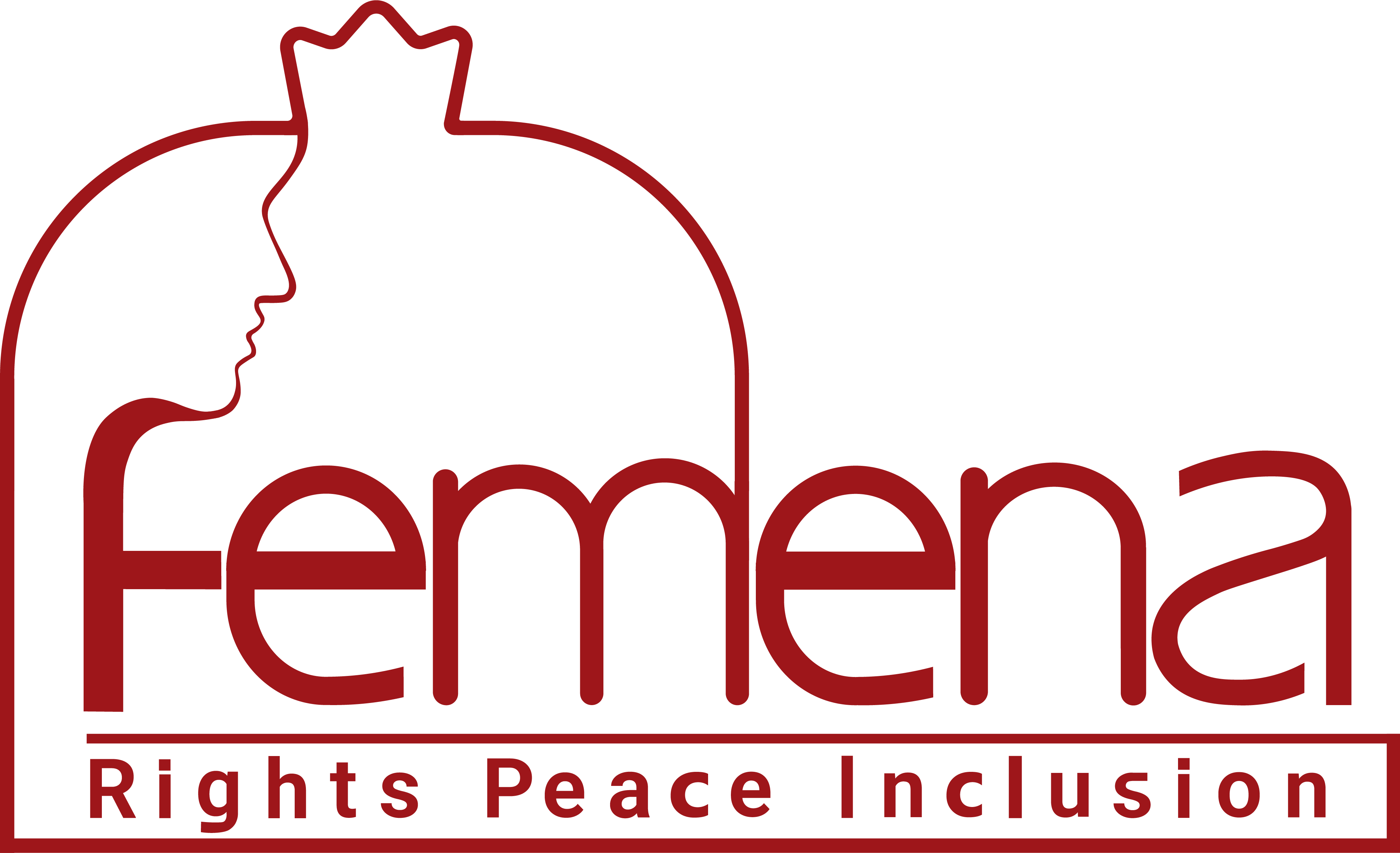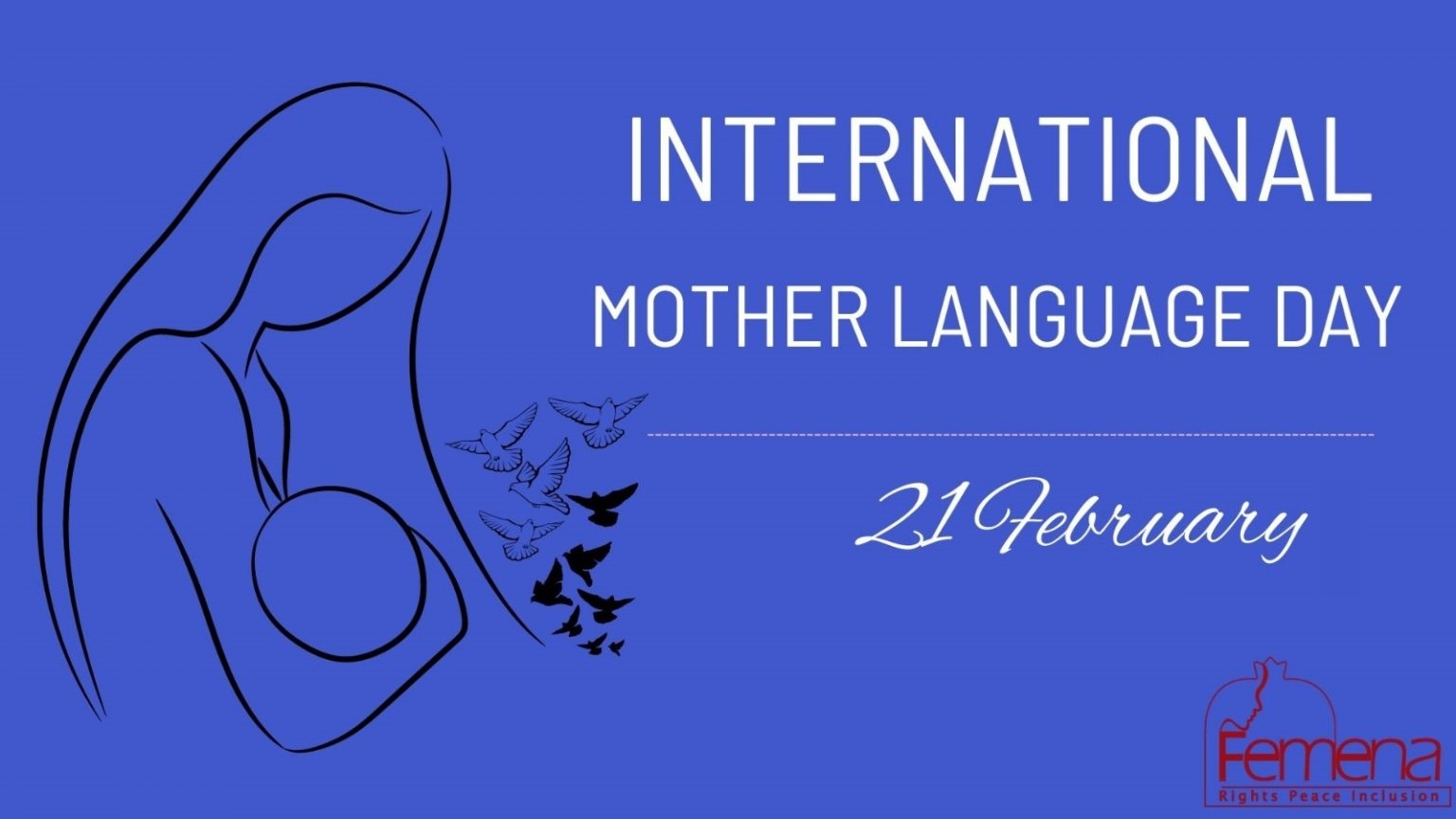February 21st marks UNESCO’s International Mother Language Day which aims at preserving linguistic diversity.
Historically women have played an important role in preserving language and culture, and passing it onto the next generations, including through lullabies and stories told to their children.
Human rights defenders, including women human rights defenders, have been a critical force in preserving cultural rights and heritage, including the right to learn, speak and teach mother languages. As a result rights defenders have experienced persecution and been accused of fomenting separatist movements.
In the MENA region, indeginous and minority communities have had their culture and languages marginalized as a result of the destructive legacy of colonialism and also by nationalist movements that prioritize one language and culture over others.
Berbers or the Amazigh in North Africa, who are indeginous populations in Morocco, Algeria, Libya, and Tunisia, have long struggled to preserve their culture and language. Despite gains in some countries, such as Morocco where the Amazigh language was officially recognized in 2011, or in Algeria where it was officially recognized in 2016, the struggle of the Amazigh people continues as they work to ensure their language is recognized as an official national language and used and taught broadly at the national level.
In Iran, which is home to ethnic and linguistically diverse populations, non-Persian speaking groups are subject to institutional discrimination and cultural rights advocates continue to struggle for the right to learn, teach and be educated in their mother tongue, despite facing security pressures and backlash. On January 8, 2022, Zara Mohammadi, a Kurdish WHRD and a language teacher began serving a 5 year prison sentence in Sanandaj, Kurdistan Province, Iran. She was charged with “forming groups and societies with the aim of disrupting national security.” While teaching the Kurdish language was not explicitly mentioned in the charges against her, it is widely believed she was targeted by security forces and the judiciary for her efforts to teach and promote the Kurdish language.
In Turkey, a nationalization project based on Turkish national identity and the Turkish language has been pursued. Kurds were banned from speaking their language until the early 1990’s even though Kurdish is the second most spoken language in Turkey. Regulations have been greatly relaxed since, but Kurds continue to advocate for the right to education in their mother language and the official recognition of Kurdish. Further, those advocating language rights continue to face backlash, including political activists, journalists writing for Kurdish publications and even musicians singing Kurdish songs in concerts.
FEMENA reminds governments in the MENA region that teaching and learning your mother language is a universally recognized right and urges them to recognize the demands of mother language rights activists.
On International Mother Language Day, FEMENA stands in solidarity with all WHRDs working to preserve their language, culture and heritage, and stresses the strength and beauty in our diversity.


